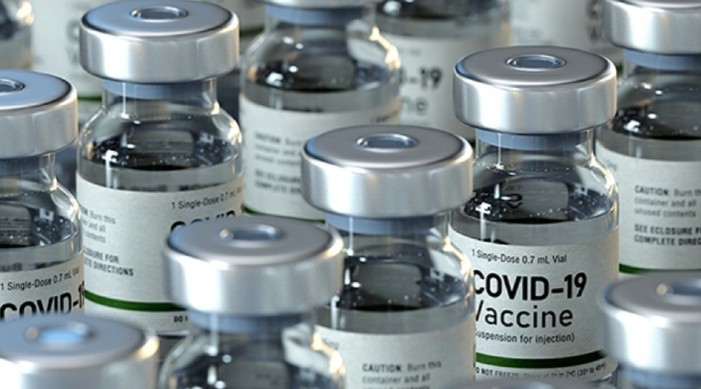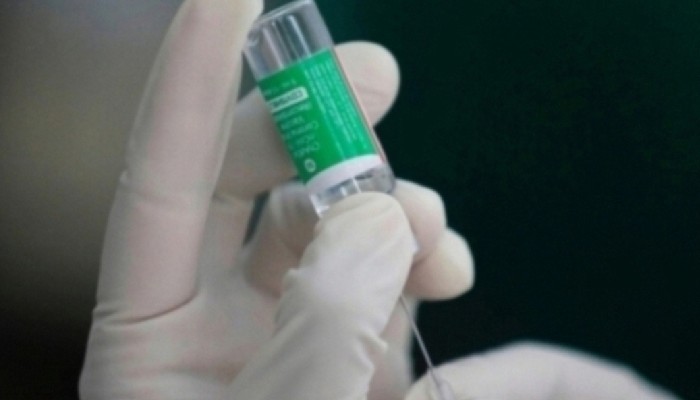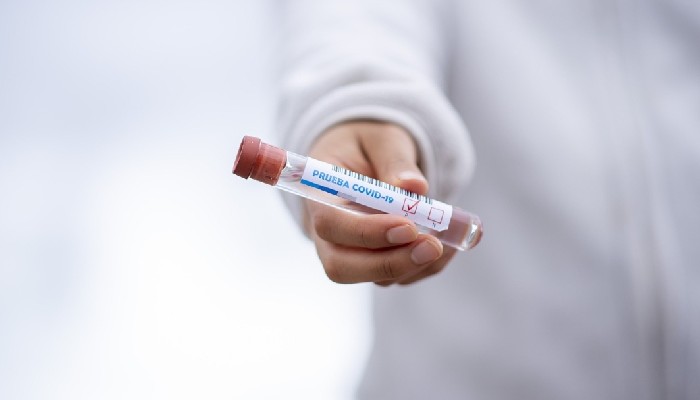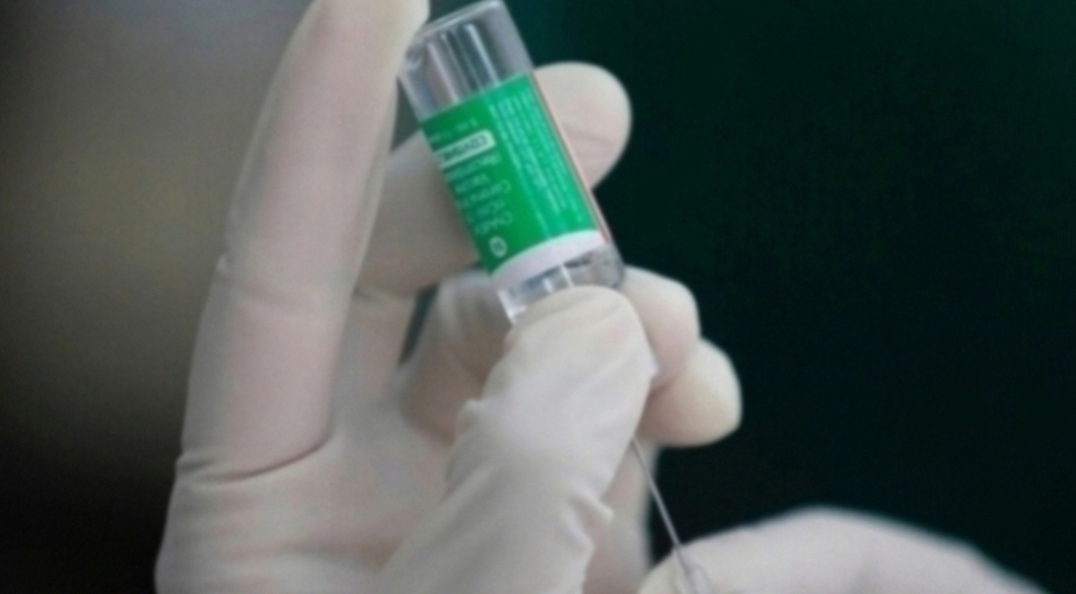This vaccine candidate has been supported by the Government of India from preclinical stage to phase-3 studies
India has placed an advance order to block 300 million doses of a new Covid-19 vaccine, Corbevax, from Hyderabad-based company Biological E.
We take a closer look at the vaccine, which is still undergoing trials and is yet to receive Emergency use authorization.
First of all, this vaccine is said to be different from other vaccines available in India.
How does Corbevax fight the coronavirus?
Corbevax is a recombinant protein sub-unit vaccine and has shown promising results in Phase 1 and 2 trials. It is made up of a specific part of SARS-CoV-2 — the spike protein on the virus’s surface.
Basically, the spike protein allows the virus to enter the cells in the body so that it can replicate and cause disease. Injecting this into the body helps in developing an immune response against it. However, please note that since this protein alone is introduced into the body, it is not expected to be harmful as the rest of the virus is absent.
So, when the real virus attempts to infect the body, it will already have an immune response ready that will make it unlikely for the person to fall severely ill. For the uninitiated, this method has been in place for decades to make hepatitis B vaccines, but Corbevax will be among the first Covid-19 vaccines to use this platform.
How is Corbevax different from other Covid-19 vaccines?
Currently, COVID vaccines that are approved so far include mRNA vaccines (Pfizer and Moderna), viral vector vaccines (AstraZeneca-Oxford/Covishield, Johnson & Johnson and Sputnik V) or inactivated vaccines (Covaxin, Sinovac-CoronaVac and Sinopharm’s SARS-CoV-2 Vaccine–Vero Cell).
The inactivated vaccines include killed particles of the whole SARS-CoV-2 virus and they attempt to target the entire structure of the virus.
However, Corbevax, like the mRNA and viral vector Covid-19 vaccines, targets only the spike protein, but in a different way.
Viral vector and mRNA vaccines use a code to induce our cells to make the spike proteins against which the body has to build immunity.
“In this case (Corbevax), we’re actually giving the protein,” a recent report in The Indian Express quoted Professor and Dean at Baylor College of Medicine’s National School of Tropical Medicine Peter Hotez as saying.
The report pointed out that although Corbevax is indigenously produced, its beginnings can be traced to the Baylor College of Medicine’s National School of Tropical Medicine. The School had been working on recombinant protein vaccines for coronaviruses SARS and MERS for a decade.
When will Corbevax COVID vaccine be available in India?
Corbevax has received the nod for Phase III clinical trials in India after showing promising results in phases I and II. The central government will pay Rs 1,500 crore for its consignment of 30 crore doses.
Corbevax, like most other Covid-19 vaccines, is a two-dose vaccine. After the completion of the Phase III trials, production to meet the Centre’s delivery target will continue between August and December.
The central government has extended substantial help to get this vaccine out, said the health ministry in a press release last week.
The arrangement with Biological-E is part of a wider endeavour of the Government of India to encourage indigenous vaccine manufacturers by providing them support in research and development (R&D) and also financial support, it said.
“Biological-E COVID Vaccine candidate has been supported by the Government of India from preclinical stage to phase-3 studies. Department of Biotechnology has not only provided financial assistance in terms of grant-in-aid of over Rs 100 crore but has also partnered with Biological-E to conduct all animal challenge and assay studies through its Research Institute Translational Health Science Technology Institute (THSTI), Faridabad,” the release stated.
This has been undertaken as part of the government's 'Mission COVID Suraksha, the Indian COVID-19 Vaccine Development Mission,' which was launched to reinforce and accelerate COVID-19 vaccine development efforts as part of the third stimulus package, Atmanirbhar 3.0.
Eaier this month, Biological E. Limited had also announced a licensing agreement with Canadian company Providence Therapeutics Holdings to manufacture its mRNA Covid-19 vaccine in India.
Providence will sell up to 30 million doses of its proprietary messenger RNA vaccine, PTX-COVID19-B.
It will also provide the necessary technology transfer for Biological E to manufacture mRNA vaccines in India, with a minimum production capacity of 600 million doses in 2022 and a target capacity of 1 billion doses.
 Contact Us
Contact Us  Subscribe Us
Subscribe Us









 Contact Us
Contact Us
 Subscribe
Subscribe
 News Letter
News Letter

